Find SCP Health in Booth #1206
Connect with us during the 2023 ACEP Scientific Assembly to meet our clinical leaders, chat with the recruiting team, and learn more about what makes SCP Health different.
Scalable approaches that prioritize acute patient care while achieving strategic goals.
Streamlined management and virtual care solutions to maximize efficiency.
Intensivist staffing and management, leveraging technology for quality care.
Solutions to align and integrate processes and understanding across departments.
Leverage technology to expand coverage & support both in and outside of the hospital.
Engaging with patients for proactive planning and preventative health.
 Featured
Featured
Connect with us during the 2023 ACEP Scientific Assembly to meet our clinical leaders, chat with the recruiting team, and learn more about what makes SCP Health different.
I know a lot of emergency medicine clinicians are worried about the future. There are lots of concerns about there being less demand for this specialty in the coming years, and how that might impact the ability to make a reasonable living as an EM clinician in the future.
There has been a lot written about this topic, some of it is misinformation, but there are some legitimate concerns for the clinicians affected by this.
There was a workplace study that come out near the beginning of the pandemic that said there was going to be a surplus of about 9,000 emergency physicians by the year 2030 and people really started to have serious concerns. The discussions surrounding the study quieted down for a little bit because we had the great resignation in health care and that included a lot of emergency medicine physicians retiring, however the concerns have come back up recently because of the surplus of EM residents.
The thing is, there are some questions about the study that originally caused this stir. It looks like they may not have taken the aging workforce and attrition rate fully into account, or considered the creation of new roles and opportunities as telemedicine evolves.
Throughout the pandemic there was, and remains, a shortage of emergency physicians at the moment, and the workforce study before this one had said that we were going to be in trouble because there would be a huge shortage coming.
So yes, I think there are going to continue to be changes in the emergency medicine landscape in the future, but I believe that emergency physicians do not need to worry about having a job. We will always have emergency departments because we will always have patients who need not just unscheduled care, but unscheduled, emergent care.
There seems to be a common, misconstrued concept amongst physicians that everyone in the business of health care is intent on replacing all emergency physicians with NPs and PAs, and that we are utilizing them in ways that are dangerous, untrained and unsupervised.
Everyone has a different approach toward the role of NPs and PAs in our specialty. Some are more conservative, and some are more aggressive. Some are responsible and some are not. I don’t think it’s fair or accurate to paint with a broad brush.
In reality, nurse practitioners and physician assistants can be very valuable members of emergency medicine care teams and really help us provide better access to high-quality care for many patients.
The current environment can feel like a house divided on this topic, with lots of doctors throwing darts at any organization, and there are many in the space that utilize private equity as a funding mechanism. Again, on this topic, there is a lot of misinformation and some legitimate concerns, and we must be careful not to paint with a broad brush.
I understand why some people have fears about outside investors trying to reap profits off the backs of emergency physicians. But every group, every investor isn’t the same. When I came out of residency, there were people shouting about how contract medical groups were evil, and that was before it was common for them to be partnered with private equity.
When I made my choice, I could have joined a local private group. I know many doctors who made that choice and were treated terribly by the physician owners of that group.
Instead, I joined ECI, one of the legacy companies of SCP Health, and a contract medical group. I was treated very fairly and compensated well, really as a local group that was being supported by the contract group.
There are some private equity companies that have more ownership and exert more control over strategy and there are others who really let the experts manage the strategy, like we have at SCP Health. One thing I think is most notable is that our company has continued to reinvest in SCP, and that’s allowing us to continue to innovate and invest in our clinicians and our patients.
It’s true that the tide has started to turn and hospitals are, in general, looking better today than they were a year ago at this time, but you know, our environment is still really difficult.
As a specialty, we still don’t have enough nurses, there are too many holds in the emergency department, and possibly the most frustrating is that people don’t understand that even though the pandemic is ‘over,’ we are still dealing with the long-lasting impacts of that crisis.
I also think it’s unrealistic for any of us to believe that it’s ever going to be the same as it was before. Medicine and staffing are not the same, and we have to be able to evolve in how we approach the practice of medicine, especially hospital-based medicine.
That’s one reason innovation is so crucial. Innovation is not about turning to telehealth to eliminate jobs. It is about ensuring we are able to change and evolve with the environment and patient expectations, so that we can continue delivering care. Innovation is absolutely necessary as we navigate the health care challenges, and that’s why we spend so much time on it.
I have so much appreciation for all our frontline worker that go out there, from physicians to nurses to techs and others, the people that go out there day in and day out and just take care of patients regardless of the environment. I have tremendous respect and appreciation for every single one of them.

SCP Health is a clinical services provider, partnering with clinicians to improve the overall clinician experience and patient outcomes by working to reduce administrative burden, creating a balanced work environment, and evolving how medicine is delivered.
As a physician-led organization with over 50 years of experience in emergency medicine, we provide holistic support and guidance for clinical teams, matching passions with practice, preserving clinician autonomy, and aligning operational expectations with clinical realities.

“This is my fourth group partnership that I am working for, so I’ve worked from small democratic group through other outsourcing groups, etc, and something that has really set itself aside with SCP is how transparent they have been, really since the beginning.
Whether it’s RVUs and actually seeing each individual chart that gets built out and being able to easily access and reference it. Whether it’s digging into individual metrics if you’re interested, whether it’s comparing different data for the site, you name it, really at least for me as a director, it’s been more transparent than my prior leadership roles with other facilities.
The other piece, clinically, was that I notice they try to set themselves apart, at least so far for me, with trying to do what they can to do what’s right by the provider. “
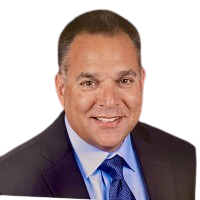
“The practice of emergency medicine has gotten extremely complex in the post-pandemic era, particularly coupled with the new documentation issues and reimbursement issues that have plagued us now for the last year.
The training we have received with SCP Health and primarily the transparency they have shown us to explain and show us the financial impacts and the requirements that are necessary has really helped build a partnership between the clinical side and the clinical leadership and the administrative and business side of things.
It’s through this partnership that I think this company is going to emerge through this crisis really strong. I’ve been with the company eight years now, and I plan for this to be my last job. “
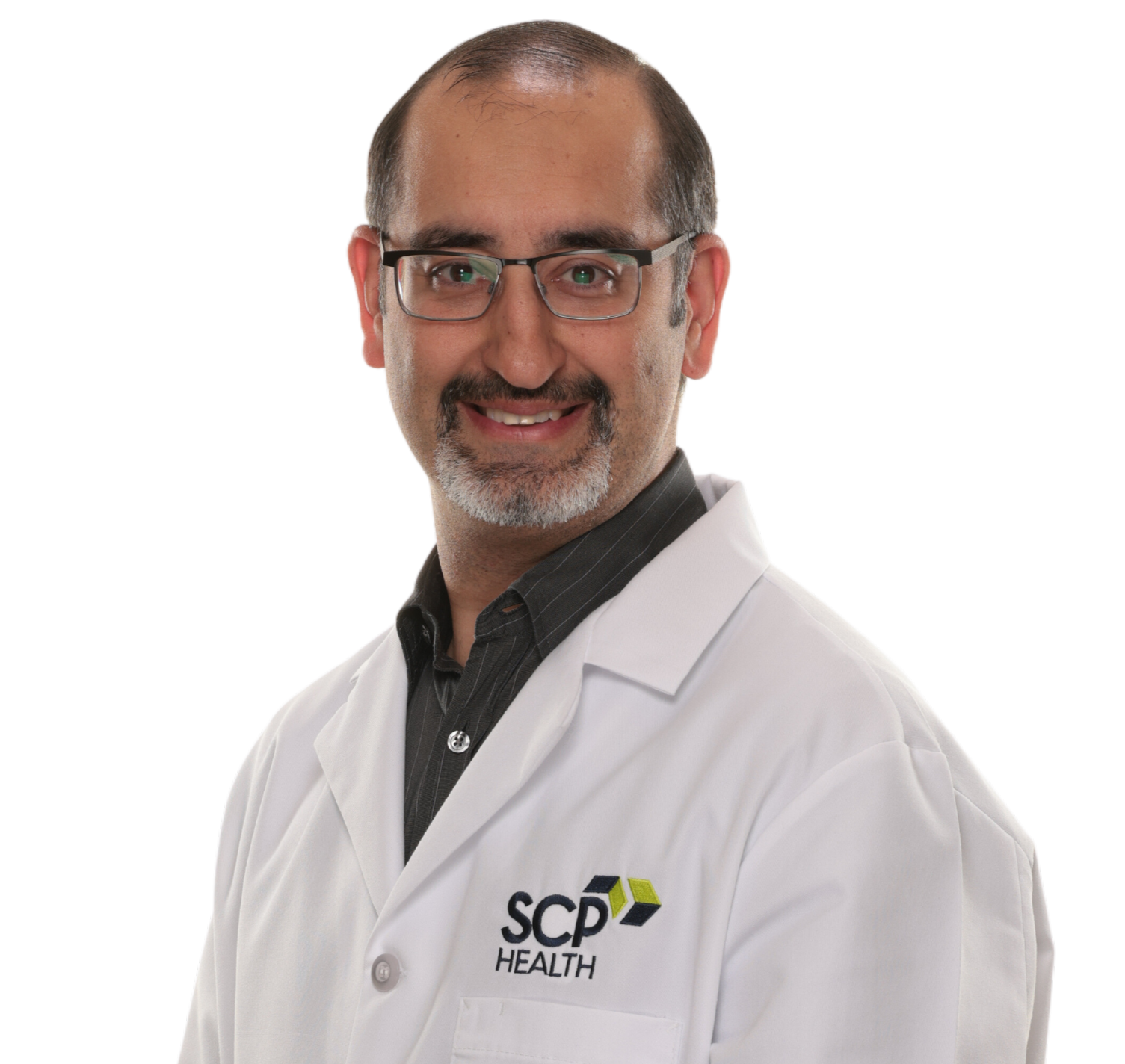
“SCP Health provides a strong culture and community for its providers, physicians and NP/PAs, so that we can in turn provide quality health care to our patients, which is our goal.
Each clinician’s goal is to take the best care they can of their patients and with SCP Health’s support and its resources and its leadership, it puts our clinician teams in a position of success.
It aligns our goals with our hospital communities so that we’re all going in the same direction to provide that high-quality health care to our patients and our communities. “
states
clinical programs nationwide
clinicians
patient encounters
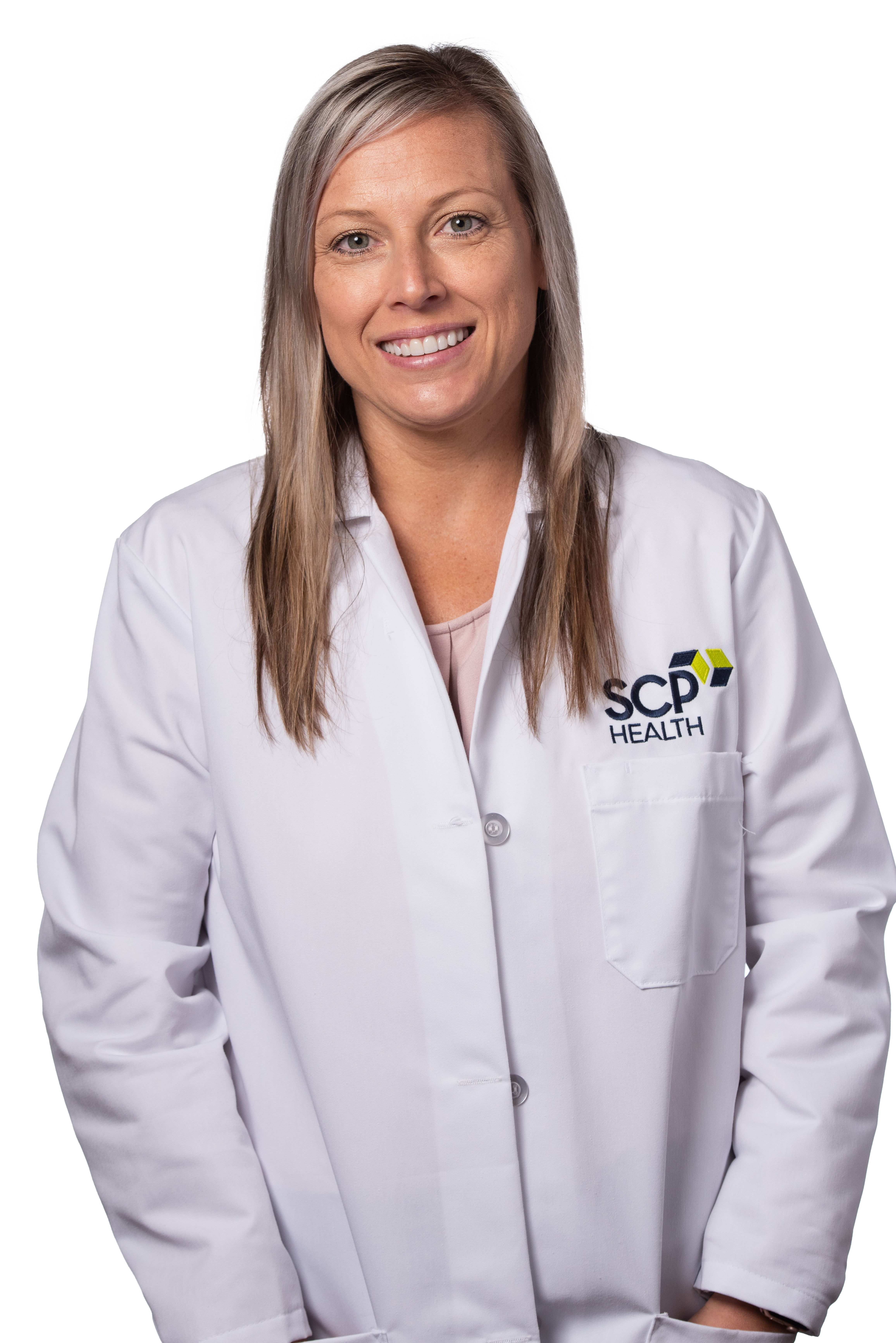
SCP Health's 2022 Annual Review details our newly expanded portfolio, quality performance metrics and reports, and nation-wide health care advocacy opportunities.

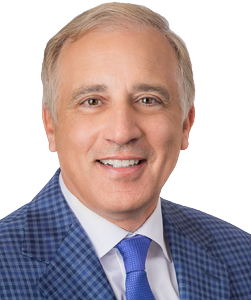

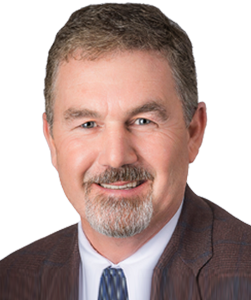

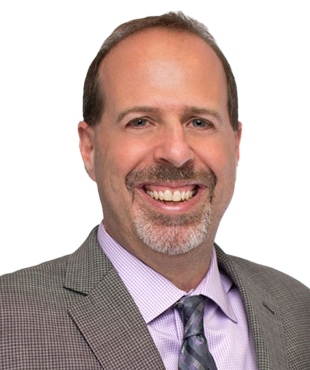
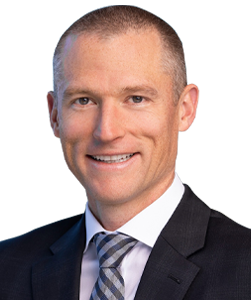
Senior Vice President & Division Medical Officer
Read Full Bio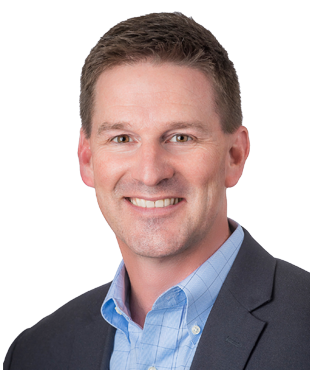

Dr. Randy Pilgrim provides executive oversight and direction for SCP Health’s clinical operations, including systems that support clinical excellence, minimize risk, and deliver key results for patients and clinicians. He also leads SCP’s efforts in health care policy, industry relations, and advocacy, in service of an effective and sustainable system of emergency care in the US.
Dr. Pilgrim completed medical school and residency at the University of Minnesota. He has served in emergency medicine practice and leadership roles for over 30 years and is regularly involved with health policy issues at state and national levels. His actuarial background, analytical skills, and practical experiences combine with clinical and operational knowledge to balance patient care demands, clinicians’ needs, and key business considerations.
During four terms as Chair of the Board for the Emergency Department Practice Management Association (EDPMA), he represented members that impact over half of the 140 million annual ED visits in the US, working with legislative and regulatory measures that affect quality emergency care. He now chairs EDPMA’s Federal Health Policy Committee and has co-chaired ACEP’s Task Force on Alternative Payment Models. He serves as a faculty member for ACEP’s ED Director Academy, and has lectured with the IOM’s dissemination workshop series, “Hospital-Based Emergency Care, At the Breaking Point”.
As faculty for ACEP’s Scientific Assembly and ED Director Academy, Dr. Pilgrim speaks on a variety of topics related to emergency medicine and health care reform and was twice honored as a Speaker of the Year.

Rich D’Amaro, a seasoned veteran of the healthcare industry, is responsible for the day-to-day operations and strategic initiatives of SCP Health. Previously, he presided as Founder and Partner Emeritus of Subsidium Healthcare, LLC, an Atlanta-based healthcare consulting firm that he began in 2001. D’Amaro served in various capacities for 22 years with industry powerhouse KPMG LLP, including roles as a member of the firm’s Management Committee, National Managing Partner for the healthcare practice and Chairman of the International Practice.
After leaving KPMG, D’Amaro served as Chairman of two successful healthcare technology companies. In 2005, he merged Subsidium into Tatum, LLC, and became Chairman and CEO. He led Tatum for five years and exited after a successful sale to SFN group in 2010. His commitment to healthcare has included board leadership roles in the Alzheimer’s Association, Health Care Georgia Foundation, Vanderbilt University Technology Corporation, and St. Joseph’s Mercy Care. He currently serves on the Advisory Board of the Fulcrum Equity Partners, a private equity firm based in Atlanta, and Enduracare Acute Services, LLC.

Rob Reilly is an accomplished operating executive with more than 25 years of experience in the health care industry. Rob has deep expertise in operations, sales and marketing, strategy, and finance and a proven ability in developing and executing business strategy and leading large organizations at scale.
Rob joined SCP Health in 2020 as Chief Operating Officer and was promoted to the President role in 2024. In his position, Rob is responsible for leading SCP’s 500+ physician practices and the supporting operating teams, focused on delivering exceptional care for almost 10 million patients annually.
Prior to SCP Health, Rob spent 28 years with GE. During his GE career, he worked in multiple GE businesses across North America, Europe, and Asia. For 20 years, Reilly held diverse leadership responsibilities at GE Healthcare, helping navigate the business through the rapidly transforming healthcare industry. He led the charge transitioning from a transactional product to solutions focus, leading commercial strategy, driving operational performance, and helping shape health policy. At GE Healthcare, Rob held multiple leadership roles including CFO, VP- Sales, Chief Marketing Officer, and President- Services.
Reilly is a 1993 graduate of the University of Michigan Ross School of Business with a degree in Business Administration. He has been active in the Health Management Academy and as a member of the American College of Healthcare Executives. He previously served as the Board Chair for Big Brothers Big Sisters in Metro Milwaukee and led the Greater Milwaukee United Way Campaign.

Jim Guidry’s healthcare leadership and management experience includes over 30 years of success in the operation of medical practices in emergency, hospital medicine, critical care, urgent care, occupational medicine, and primary care. His background includes extensive national experience working closely with patient care delivery leaders, hospital C-suite executives, and business management professionals in the pursuit and maintenance of high quality, productive, and cost-effective medical practices. He brings a unique combination of creative problem-solving and team-building skills, coupled with deep experience in the design and deployment of strategies and tactics proven to advance the performance of medical practice.
He is experienced in the development and deployment of operational and fiscal management systems and structures in multi-state and multi-site settings, including the management of operations in academic, for-profit and community not-for-profit hospital environments. Strategic planning, physician recruiting, human resources, fiscal management, sales and marketing, medical billing, managed care contracting, performance optimization, and billing and accounts receivable management are but a few of the core competencies he provides through his role at SCP Health.
Guidry’s educational background includes completion of his undergraduate degree in Business Administration at the University of Louisiana, with extensive graduate-level studies in Healthcare Administration at The Ohio State University. He is a master-level graduate of Rapport Leadership International.

Dr. David Schillinger brings over 30 years of experience to his role at SCP Health. He is a graduate of Hahnemann University School of Medicine in Philadelphia and completed his residency in Emergency Medicine at Shands Jacksonville Medical Center. Dr. Schillinger co-founded Hospital Physician Partners, formerly known as EDCare, in April 2002. Prior to that, he served as Chief Executive Officer and Chairman of the Board of Directors of ECS Holdings since the inception of ECS and its predecessor entity in 1988. Dr. Schillinger is licensed to practice in over 25 states and works clinically at many of our client hospitals.

Kenneth Jay Heinrich, MD, received his Doctor of Medicine Degree from Rush Medical College in Chicago, Illinois, and completed his Emergency Medicine Residency program at the University of Illinois. A board-certified Emergency Medicine Physician, Dr. Heinrich is licensed in Illinois, Iowa, Michigan, Missouri, Ohio, Wisconsin, Tennessee, and Virginia.
Dr. Heinrich utilizes sophisticated simulation-software to model how functional changes will have on-the-ground implications in emergency departments and clinics. He has lectured at national conferences and individual hospitals around the country on many topics, including process improvement, patient satisfaction, and implementing change.
In 2005, Dr. Heinrich published an article in the American Journal of Emergency Medicine on “Chronic Digoxin Toxicity and Significantly Elevated BNP Levels in Presence of Mild Heart Failure.” He also conducted a Case Series of ACE- Inhibitor Induced Angioedema.
Dr. Heinrich is certified in Advanced Cardiac Life Support and a member of the American Society of Bariatric Physicians, the American College of Emergency Physicians, and Illinois College of Emergency Physicians. He has also served in a Medical Director role at MacNeal Hospital in Berwyn, Illinois.

Brian Christopher Dawson, MD, MBA received his Doctor of Medicine Degree from the Brody School of Medicine at East Carolina University in Greenville, North Carolina where he also completed his Emergency Medicine Residency. Dr. Dawson completed an MBA with the University of Tennessee at Knoxville.
A board-certified Emergency Medicine Physician, Dr. Dawson is licensed in Tennessee, Virginia, West Virginia, North Carolina, Texas, and Colorado. He has served as a Medical Director, Regional Director, and Vice President of physician groups. In addition, he has served as a hospital board member, Chief of Staff, and Chairman of the Hospital Board Quality Committee.
Dr. Dawson has experience in process improvement projects with hospitals, private companies, and physician groups. He has participated and led several LEAN initiatives in addition to helping create award winning IT and care coordination solutions. He has a passion for innovation and entrepreneurship that creates value for patients, providers, and hospitals. Recently Dr. Dawson served as a market Chief Medical Officer for a large non-profit health care system where he had responsibility for several hospitals including the level one trauma center and served as the system transfer center medical director.
Dr. Dawson lives in eastern TN in the Appalachian Mountains with his wife, a practicing family medicine physician, and their two sons. His personal interests include general aviation, endurance sports, and literature.

Michael K. Frye, MD, FACEP, received his Doctor of Medicine degree from the Indiana University School of Medicine. He completed his internship and residency in Emergency Medicine at Michigan State University’s Department of Emergency Medicine, where he served as Chief Resident. Dr. Frye completed his undergraduate work at Indiana University where he was an active member of Phi Beta Kappa, graduating cum laude.
Along with his many years of clinical leadership, Dr. Frye has an impressive background in executive management in physician-owned Emergency and Hospital Medicine operations. He served as Chief Financial Officer of a private group providing management, staffing and consulting services to the Carolina Healthcare System, one of the nation’s largest non-profit hospital systems, before assuming the role of Chief Executive Officer and, later, President. In these roles, Dr. Frye led the executive team responsible for the successful negotiation and transition into a larger physician group.
Dr. Frye assumed a leadership role within this new group as a Financial Director responsible for optimized revenue and cost savings strategies for sites in North Carolina. He also served as a faculty member for the group’s efficiency academy, developing course content, and providing clinical instruction to physicians throughout the year. Currently, Dr. Frye serves as a mentor, educator, and liaison for the medical directors and physician partners with SCP Health.